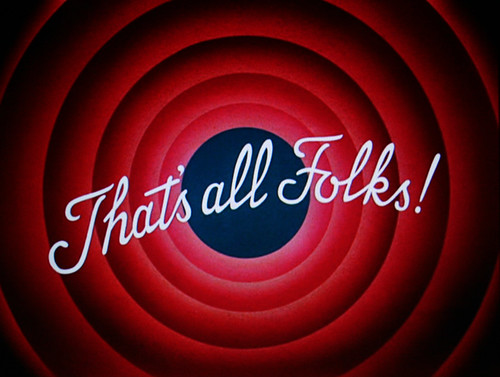As for Part 2:
Aphrodite in Greek literature has always appeared beautiful and elegant. These qualities most likely come from her heritage as a Goddess. Perhaps if she was born a mortal with the same qualities, she would not hold that elegance granted to her. She might be dirty and unappealing. Obviously aged, cheap attempts to enhance appearances, and very obviously having slept around.
Speech/mannerism Style: Constantly under the façade of an elegant and well-spoken accent. It should be superficial and half obvious to the audience. As with all the God projections, she will be erratic, and whenever she is suddenly affected by some genuine emotion (a sudden lust for a character, for example Theseus who is new and young) she will break down into an unstructured mess of words, slang and constant inflections. Her accent will break down to an unrefined state, and she her posture break down. When the character is acting, she holds a high head, forward thrust breasts and other model-like poses. When she breaks down her posture will change to a slanted and slightly crooked state, where she desperate for some sort of sexual gratification. Casually gazing eyes will in an instant turn wide-eyed and callow.

Ares Projection
Unlike Athene, Ares does not so much inhabit the plotting and tactical parts of war as much he does the sadist pleasure in bloodlust. He seems swept up by the tumult bombast of it all, and this is because he can fight well. Unfortunately, this makes him seem somewhat arrogant, and also immature. He is a powerful warrior because he is a God, and as God acts oblivious to him quick temper or lack of thoughtfulness. As a God, this is okay, as Gods believe themselves to be perfect, and dwell in the superficial. Ares thus can have a rambunctious affair with Aphrodite, and can justify himself as the ‘warrior’. However in real life he isn’t simply declared a top class fighter by his father, instead he has to practice and gain strength like anyone else. And being a good fighter may not be enough to hold his own in the real world. While Ares might not stupid, I would like to play on his temerarious and thoughtless nature, revealing a tender fraternity to his smart and more cultured brother (Apollo) that leads to an insecurity in which he seems to elevate himself as the leader, in his almost megalomaniacal complex of control and power. His inability to socialize or understand his brothers/sister will be what distances him, and makes him think he is clear-headed and thus should take control.
Speech/Mannerisms: He will walk with an authoritative swagger, and try to speak in way that demands respect and attention, He will overbearing, but despite his childish efforts, his team mostly refuses to take him seriously, often ignoring or shooing him. He then acts like a child who is not getting enough attention, spluttering vocally, turning red and stamping his feet. Aphrodite consistently seduces him for her own gratification; however he believes he is striving forward in his gruff masculinity.

From the DCAU^
Artemis is portrayed as woman who abstains from intercourse, keeping independent and proud. However she seems disdainful of men to the point of snobbery, and I wish to accustom to this aspect. Her misandry and cold, blasé sophistication is something I will turn into insecurity. The scorn she holds for men (and flirtatious women) will be due to trauma and/or her sheer chilling fear she has of social interaction, being manipulated and her inability to relate to another human being. Despite being the smartest in the group next to Apollo, she cannot lead the party. She tries to cover up her sorrow with her animals, and when she is alone with them, she begins to act naturally, as will be depicted.
Mannerisms/speech style: She will walk around with large, but precise steps to show intellectual worth, and also show her pride. She will have her head tilted upwards, looking down in conversation. Efficient in her words, but take a long time to speak them, as if her voice is worth listening to for as long as possible. However when alone with her animals, she will take more modest stances, and while still not a proverbial girly female, she will appear relaxed and at peace.
A problem that could be encountered with this character could be that; in spending so much type with animals, she could be detached from her siblings, and thus also lack humanity, believing animals to be better company.

Apollo projection
Apollo is significantly harder to flaw. He always seems far too relaxed in mythology. So for this reason, the point of this character will be more based around the idea that he is far too flippant and laid back to be a leader. He’s the most mature; however he will also be in a blasé state of elevating himself due to being cultured and artistic. Not snobbish or pretentious, just very self-indulgent. Since Theseus is an outside who breaks what the God projections expect from human behavior, he will face conflict when he finds out that Theseus is not intimidated by condescending artistic babble.
That said, his flaw can inhabit a smaller part of the script than his partners, and can serve as somewhat of an anchor. After all, Theseus needs to initially see them as adventurers/travelers worth joining in the first place.
A problem in which he can encounter could involve his flippancy, and how when the rest of his team is left in ramshackle despair, he is not able to tie them together, as he is far too removed from them and their problems, never taking enough interest.

And that's just about enough of me posting old coursework. I'll try to make some new blogs posts

-Taha
